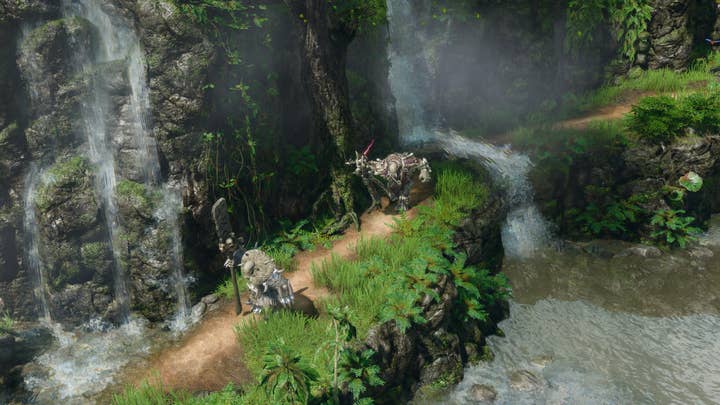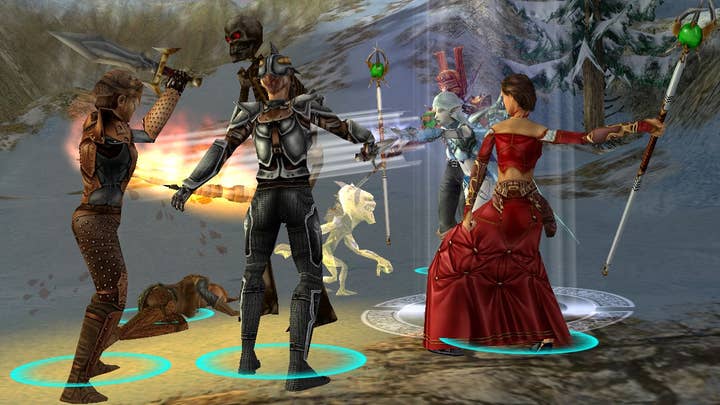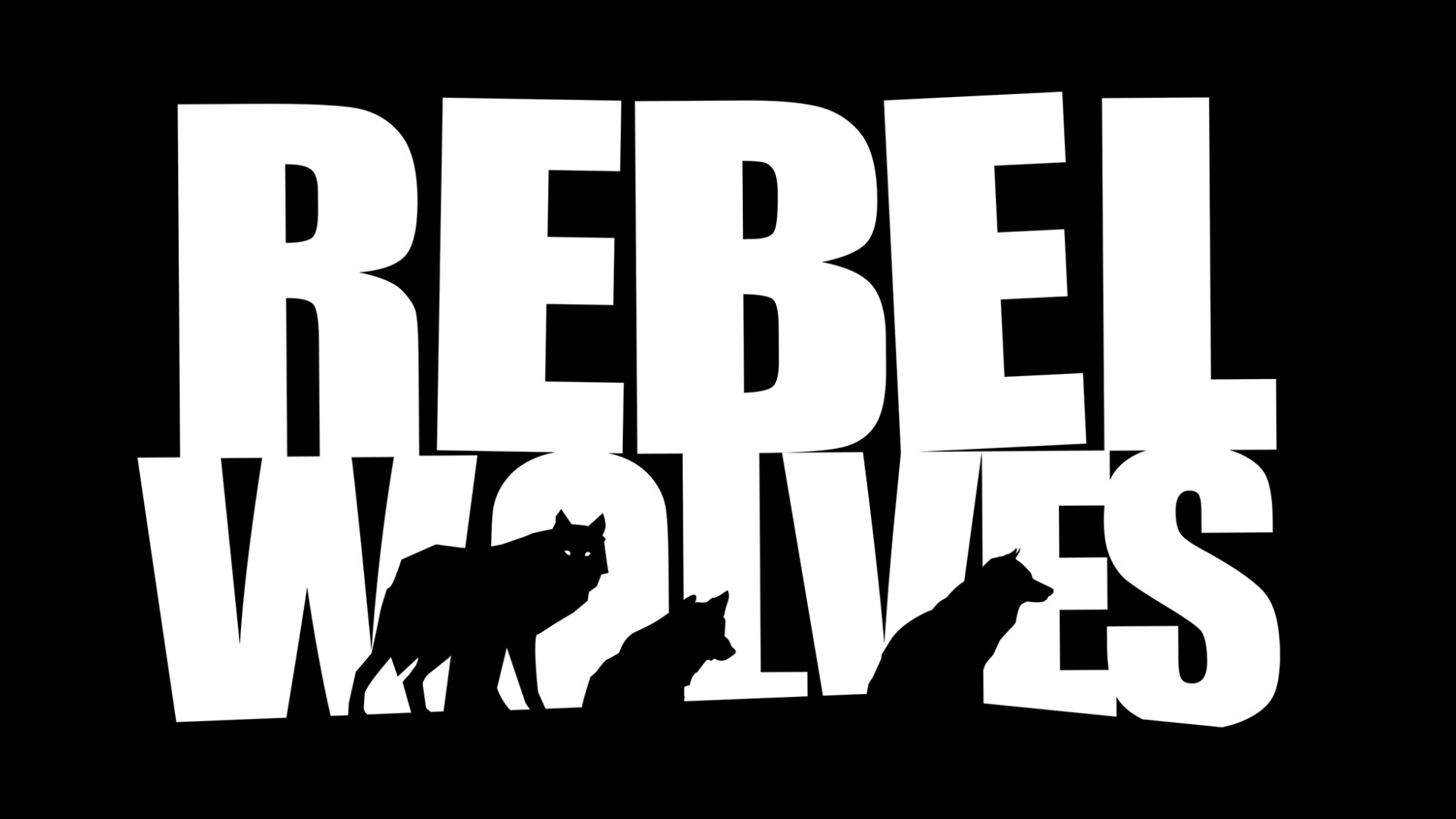As the franchise nears its 20th anniversary, SmartMelon’s Li Shu celebrates the things it does like few others
Why I Love is a series of guest editorials on GamesIndustry.biz intended to showcase the ways in which game developers appreciate each other’s work. This entry was contributed by Li Shu, producer of the Lightracer series at SmartMelon.
Video games, at their best, can produce stunning stories that make us question our values, reflect on our lives, and better empathize with one another. While that’s also true of non-interactive media, games are unique in how they respond to player input. Many games don’t offer a ton of narrative variation, but some do, and these experiences often stick with me the longest. This has been true of many games I’ve played over the years, but nothing has inspired a sense of wonder and intrigue as much as the SpellForce series.
“What really excites me about SpellForce is its worldbuilding”
Part of this comes down to these games’ scope. They are absolutely, wildly, gobsmackingly ambitious. They’re part RPG about guiding a specific character through an evolving adventure, and part real-time strategy game where you take a broader view in building towns and commanding armies. Just from a gameplay perspective, that’s a lot to take on. And yet, that’s only the tip of the iceberg for me.
What really excites me about SpellForce is its worldbuilding. Its cast is split between humans, orcs, dark elves, and trolls, each with their unique, unconventional social formations. For example, orc society is centered around the idea of “competition.” They have completely different values from humans and other races, so they frequently make decisions that may initially seem difficult for us to understand, but are reasonable within the context of their culture. Similarly, the dark elves are ruled by an organization called “commune”, which maintains that they operate in a collective form.
These societal structures are not one-to-one parallels to any real-world culture or nation, but they make us reflect on our own society and what kind of culture we’d want to live in. In this way, it’s like a control group in a scientific experiment; a mirror for players to examine themselves and enjoy the various possibilities of societal development.
One of the reasons I chose to write about the SpellForce series, rather than any singular entry, is because of how much later titles explored different aspects to the world that were set up in previous installments. The entry I found most unique was SpellForce 3: Fallen God, as you play the role of a troll, i.e. someone that usually only serves as an elite villain in adventure stories. Being able to take on the role of what’s typically a villain was a very attractive idea for me.

It wasn’t simply a shallow palette swap either, as the developers created an entirely new skill tree, story background, and campaign plots around trolls, allowing players to truly embody this peculiar role (rather than a variant of a traditional role) and experience their circumstances, struggles, and determination. It’s wonderful!
My most vivid memory of this came from late in the game, where the player needs to sacrifice a teammate to advance the plot. I ended up choosing to sacrifice the protagonist’s brother to save the troll tribe. At the moment of making a choice, all the pain and tribulation encountered by the trolls throughout the game came to a rousing crescendo, and the admirable spirit of the sacrifice elevated the whole story. It was unforgettable.
“[SpellForce] inspired me to want to communicate with players all over the world”
SpellForce’s expansive scope and theme of learning to empathize with characters from another culture isn’t limited solely to decisions in-game however, as it inspired me to want to communicate with players all over the world. I think that narrative games like the SpellForce and Lightracer series are a medium for communication between creators and players. Like a global watercooler.
We chat with our fans about science-fiction through these games, build bridges of thought with people from different countries and regions, and promote mutual understanding. Just as SpellForce expanded its world-building to explore both new characters and societal structures, our vision as a development team is to continuously add new and exciting stories to the Lightracer universe based on our communications with players.
It’s this cross-cultural exchange that strengthened my determination to make a series of games that encourage a feedback loop with the player community. Interaction and communication are the main themes of the Lightracer community, and since launching Lightracer: Ignition, we’ve seen a huge influx of fan art and stories. I’ll frequently discuss the plot and settings with players in the community and some of their ideas make it to the final product.
In one case I found a fan-written poem which wonderfully described a certain major event in the story of the Lightracer series. I got very excited and immediately contacted this fan creator, obtaining his authorization to include his poem in the finale of Lightracer: Ignition! (Please note that he was credited for his contribution.)
“SpellForce is less a story of an individual and more an anthology about clashing cultures”
I’ll admit that I don’t go back and play the SpellForce games often, but it’s less about the moment-to-moment gameplay than the way these games have lingered in my memory all these years later. I still think about my experiences as a troll, and how unfair some of my initial inklings were towards certain characters.
SpellForce is less a story of an individual (though there are plenty of classic role-playing mechanics for those who want it) and more an anthology about clashing cultures. These games are big, ambitious, and allow us to dream. But most importantly, they encourage us to consider the feelings of others. That’s a universal good in my book, and the SpellForce series inspired me to want to create similarly inspiring stories as a game developer.
Developers interested in contributing their own Why I Love column are encouraged to reach out to us at news@gamesindustry.biz.
Note: This article have been indexed to our site. We do not claim legitimacy, ownership or copyright of any of the content above. To see the article at original source Click Here














